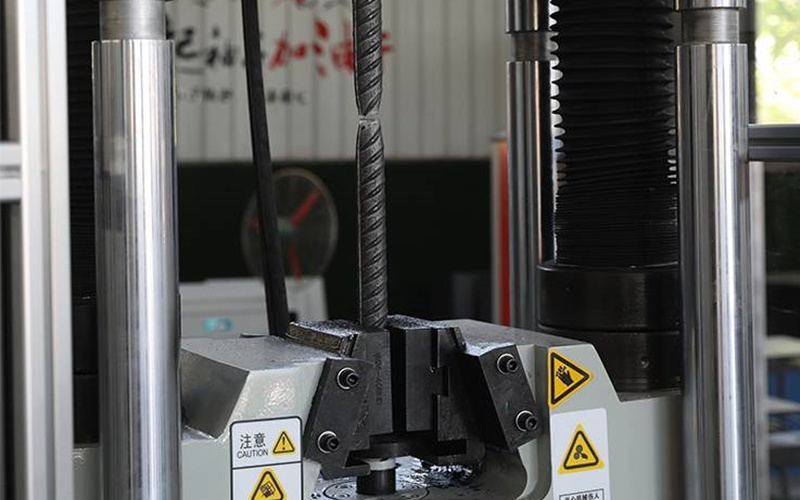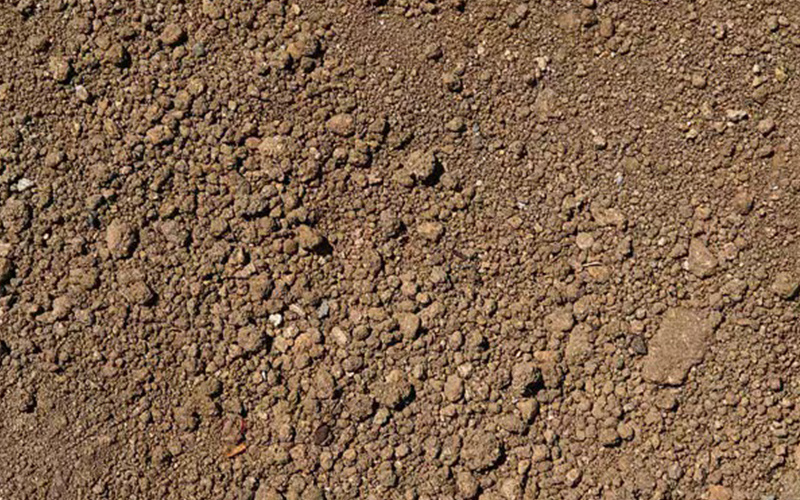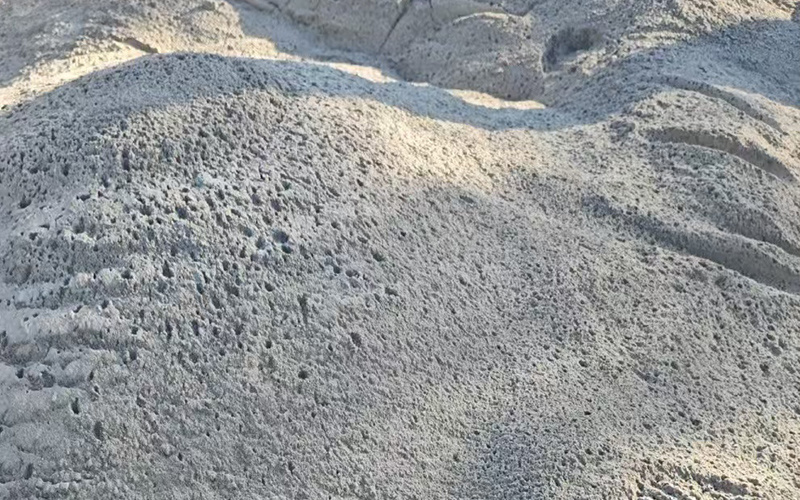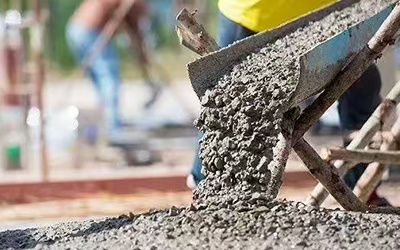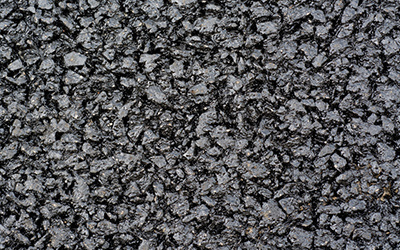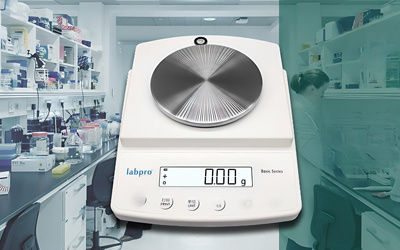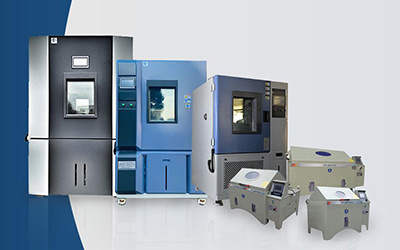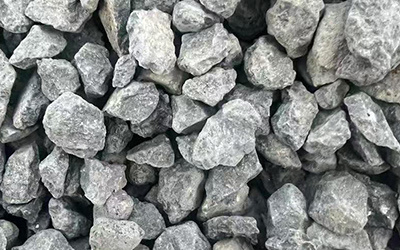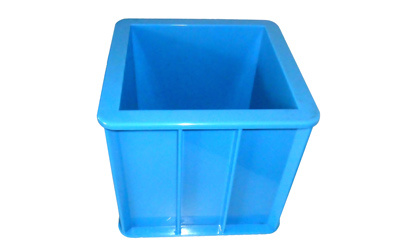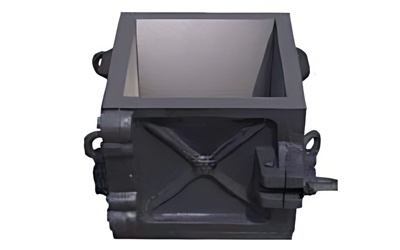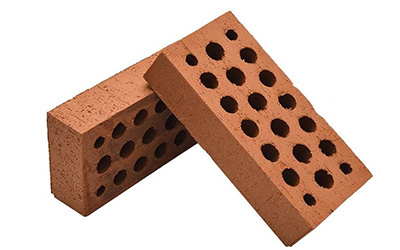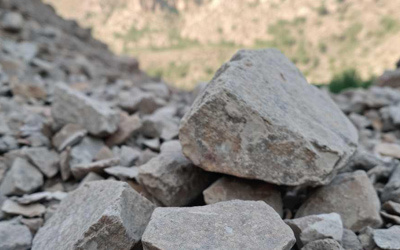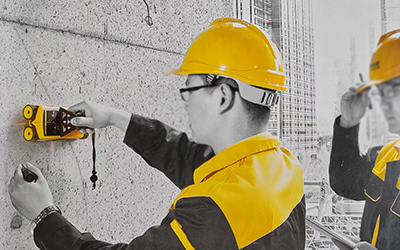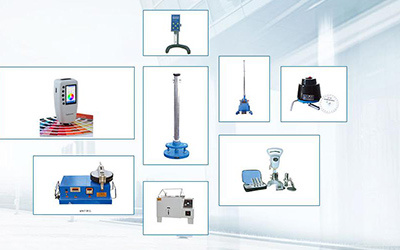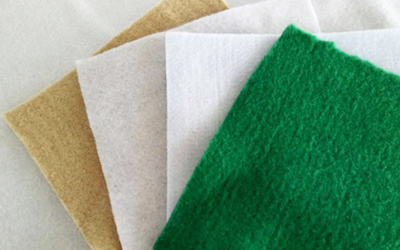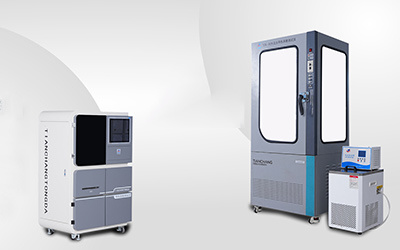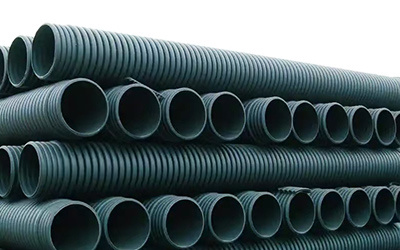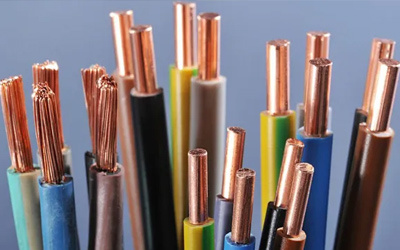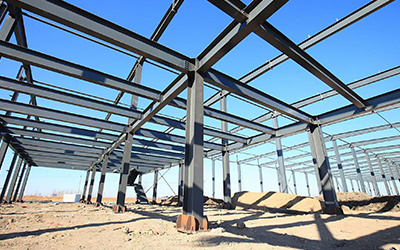Xian County, Cangzhou City, Hebei Province
Digging Deep: The Importance of Soil Testing Equipment
2025-10-24

Introduction: Why Soil Testing Matters
So, you think you know your dirt? Well, think again! Understanding the soil beneath our feet is crucial—not just for farmers but for anyone interested in environmental health. With the right soil testing equipment, you can unlock the secrets of your land, ensuring that it's in tip-top shape for whatever you decide to grow.
What is Soil Testing Equipment?
At its core, soil testing equipment encompasses a variety of tools and instruments used to analyze soil samples. From pH meters to moisture sensors, these gadgets provide insights into nutrient levels, texture, and overall soil health. Basically, it's like a health check-up for your garden!
Types of Soil Testing Equipment
Alright, let's break it down. There's a whole toolbox of soil testing equipment out there. Here's a quick rundown:
- pH Meters: These handy devices measure the acidity or alkalinity of the soil, which is vital for nutrient availability.
- Nutrient Test Kits: They test for essential nutrients like nitrogen, phosphorus, and potassium—key players in plant growth!
- Moisture Sensors: These help you gauge how wet or dry the soil is, so you can water just the right amount.
- Soil Compaction Testers: Compacted soil can choke roots; these testers help you identify problem areas.
Why You Should Invest in Soil Testing Equipment
Now you might be wondering, "Do I really need this stuff?" The answer is a resounding yes! Here's why:
- Maximize Crop Yields: Farmers who utilize soil testing equipment can fine-tune their soil management, leading to healthier plants and better harvests.
- Environmental Protection: By understanding soil health, we can prevent over-fertilization and protect local waterways from runoff.
- Cost Efficiency: Knowing what your soil needs means you won't waste money on unnecessary fertilizers and amendments.
How to Use Soil Testing Equipment
Using soil testing equipment doesn't have to be rocket science! Here's a quick guide:
- Collect Soil Samples: Take samples from various spots in your garden or field. Mix them together for a comprehensive analysis.
- Prepare the Equipment: Calibrate your meters according to the manufacturer's instructions.
- Run Tests: Follow the specific procedures for each type of testing equipment.
- Analyze Results: Compare your results with recommended soil health standards.
Common Misconceptions About Soil Testing
Let's clear the air! Here are a couple of myths:
- It's Only for Farmers: Nope! Gardeners, landscapers, and even homeowners can benefit from soil testing.
- It's Too Complicated: With today's technology, many kits are user-friendly, making it easier than ever.
Conclusion: Get to Digging!
In a nutshell, soil testing equipment is an invaluable tool for anyone wanting to get the most out of their soil. Whether you're a seasoned farmer or a weekend gardener, understanding your soil can lead to healthier plants and a more sustainable environment. So, grab your gear and start digging deep into what your soil has to offer!
Key words:
Previous:
Contact Us
Telephone:
WeChat:
WhatsApp:
Address:
Hejie Town, Xian County, Cangzhou City, Hebei Province


